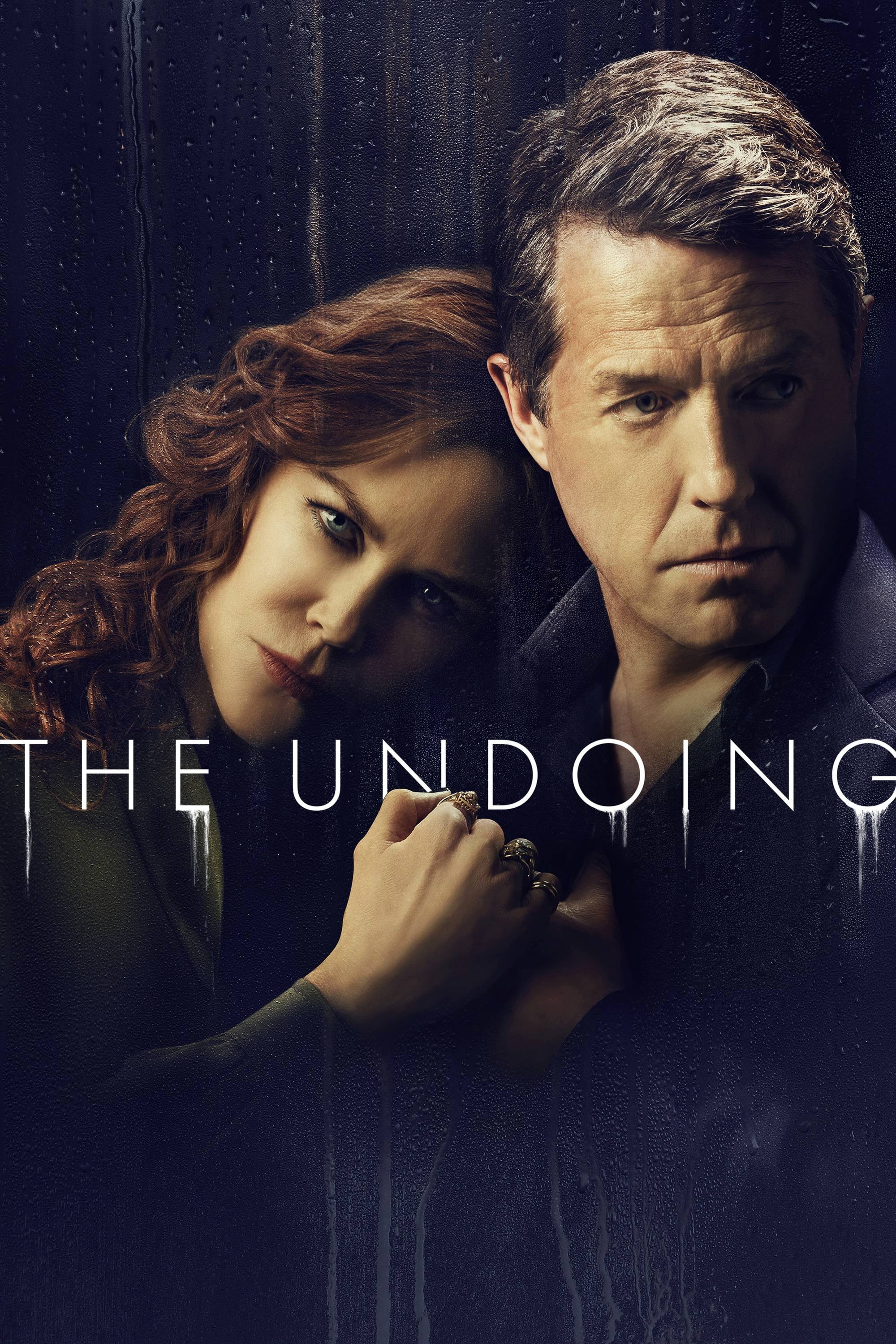
Claudio Monteverdi – Vespers of 1610 – The Sixteen, Harry Christophers (2014)
FLAC (tracks) 24 bit/96 kHz | Time – 01:46:02 minutes | 1,76 GB | Genre: Classical, Baroque, Choral
Official Digital Download – Source: HDTracks | © Coro/The Sixteen Productions Ltd.
Recorded: St Augustine’s Church, Kilburn, London, 31 March – 3 April 2014
Following the success of their Monteverdi Selva morale e spirituale recordings, The Sixteen and Harry Christophers release a work often classed as one of the most significant collections of sacred music ever written: Monteverdi’s Vespers of 1610. It is a work grand in conception and structure; revolutionary techniques established in his secular music, such as recitar cantando – speak through singing – are brought to the church platform with stunning effect.
Harry writes: ‘Its variety alone makes it unique – thrilling psalm settings with virtuosic writing for both multi-part choir and instrumentalists to exotic and sensual settings of texts from the Song of Songs for solo voices. Every movement is full of luscious harmonies, drama and an evocative musical language which is so beautifully constructed for all concerned.’
Some people might not have picked the Sixteen, a British choir known for its clean, well-modulated versions of Baroque and Renaissance choral works, often a cappella, as the ideal interpreters of Monteverdi’s sprawling, problematical, groundbreaking, and instrumentally accompanied Vespro della beata vergine, better known as the Vespers of 1610. Indeed, this album was released in late 2014, in tandem with a tour visiting various English cathedrals and concert halls, and the tour was the first the group had made with an accompanying instrumental group. the Sixteen is swollen here to between 20 and 22, probably a reasonable size for the scope of the work, a collection of liturgical texts probably connected with a major Marian feast day. The work was composed in Mantua but seems to have had the big, intricate spaces of St. Mark’s in Venice as an intended destination, perhaps because the composer was already angling for a post there. Much of its instrumental accompaniment is unspecified, and it may have involved an exceptionally large orchestra like that of the opera Orfeo (1607), which it echoes at several points. These aspects don’t come through in the Sixteen’s version, which is compact, favors the choir’s trademark sound over the orchestra, and uses a fairly small ensemble. On the other hand, one might say that conductor Harry Christophers knows his strengths and plays to them; those accustomed to buying music by the group known as the voices of Classic FM are going to get a good example here, with the Vespers’ sober polyphonic choruses coming through cleanly. The soloists are subsumed within the overall concept rather than standing out as individuals, which is par for the course for the Sixteen, although surely a matter of taste in Monteverdi. Something else in the recording’s favor is the sound, captured at the smaller St. Augustine’s Church in London rather than at one of the tour’s larger venues (like Winchester Cathedral). Again, it may not fit Monteverdi, but it fits the Sixteen very well. Christophers does not attempt to solve the problem of the differing “high” and “low” clef readings of the concluding Magnificat, simply presenting the music in both versions in order to fill out the second compact disc. —James Manheim, AllMusic
Having released on three separate discs Monteverdi’s late (1641) published collection of sacred music, Selva morale e spirituale (12/10, 8/12, 7/13), Harry Christophers and The Sixteen take the logical step of visiting his much earlier and more famous one – known of course as the Vespers of 1610. The approach is pretty straightforward: a ‘concert-style’ performance with a tutti choir of 22, no extra instrumental doubling, no added chant, and with all the numbers presented in the usual (ie published) order. It thus differs significantly from Christophers’s 1988 version for Hyperion, a liturgical reconstruction of a Vespers for St Barbara with chants, added instrumental sonatas and extensive reordering. The decision whether to perform the ‘Lauda Jerusalem’ and Magnificat at low or high pitch is avoided by offering both (a unique solution on record I think), though Christophers’s personal preference is presumably revealed by the fact the high version is the one in situ, while the low can only be incorporated by means of track reprogramming and a hop or two between discs.
The opportunity for direct comparison is interesting, however. At low pitch the sound is undoubtedly richer and the performers more comfortable, while high pitch brings an element of strain but greater intensity of sound. Indeed, in this it rather stands out from the rest of the performance, which avoids the boldly dramatic (a là Gardiner), the swiftly changeable (Alessandrini) or the atmospherically beautiful (Savall). Unfortunately this means more losses than gains. Although there is no doubting the expertise of Christophers’s singers and players, the sum of everyone’s efforts on this occasion is surprisingly bloodless. Christophers’s brisk momentum, cleverly achieved without necessarily taking things all that quickly, works well in the Magnificat but elsewhere rushes many of the music’s more exquisite corners and often fails to realise the work’s grandeur. Above all, it is a pity that some of the soloists had not conveyed the aching eloquence of Monteverdi’s writing more memorably, or in places simply done more to grab their moment. The recorded sound is relatively intimate, not churchy even though recorded in a church, and with a certain graininess to the choral texture.
In a piece with so many places that can really excite the listener, this recording left me a little disappointed. There are plenty of others to choose from but if you want a recent one that hits most of the required spots, try Leonardo García Alarcón’s with Cappella Mediterranea and the Namur Chamber Choir on Ambronay (8/14). —Lindsay Kemp, Gramophone
When we listen to the grandeur and glories of Monteverdi’s overwhelming and exquisite Vespers of the Blessed Virgin, it’s really hard to believe that the piece was never heard by the composer in his lifetime, nor was the probable intention of the thing being performed in toto. In fact, the composer, despite the obvious care and skill that went into the orchestration of this seminal work, made an arrangement for organ accompaniment alone when other instruments were not available. The completeness of the piece was to offer choirmasters alternatives in instrumentation, and also to serve as a compendium from which to draw on feasts of the Virgin Mary according to what was needed in each individual circumstance.
Nevertheless, it’s also hard to imagine that the composer did not think of this work as a “whole” when composing it, so unified is the structure and idiom according to the philosophy behind it—a singular stream of plainsong which supported the Psalms, while the composer spun an ever-intricate and magnificently varied and creative web of polyphony. One staggers at the sheer uniqueness and variety of this effort.
The piece has been well-served on record, especially since the advent of the period performers, who have taken to it—and its many revisions and theories—like a bee to pollen. My favorites are hardly unknown; perhaps the clearest presentation, and best sung (with the wonderful Emma Kirkby) remains the 1984 Virgin Classics issue with Andrew Parrot and his Taverner Consort, though the one-singer-per-part is a little perverse. The sound, amazingly enough, still competes with anything that has been done recently, and Parrott has a real way with the score. The biggest splash, on record and video, was probably made in 1990 by John Eliot Gardiner and his English Baroque Soloists on Archiv, surely the most purely joyous reading of the music ever made, with the advantage of actually having been recorded in the basilica of San Marco in Venice. Sound is still stunning.
The sonic splendor of Robert King’s SACD incarnation on Hyperion cannot be too highly recommended—it is without question the most majestic and thoroughly sound-immersing experience out there. King takes advantage of many discoveries and practices that went before him, and in a very convincing manner. The downside is that the sound is not quite as clear as in someone like Parrott—and even Gardiner for that matter, despite the cavernous St. Mark’s—but the spread is glorious, and for pure spine-tingling ecstasy, this is the one you want.
I was hoping for more from Christophers, as he is so reliable, but the end result neither adds to the current understanding of the work, nor detracts from it in its value as a recording. It is clearly more pietistic than the others, less bombastic, and ravishingly shaped. This will appeal to those who want to pray but discourage those who want to be blown out! The truth is that Christophers, despite not advancing the ball much, offers a reading of balance, proportion, and devotional import. You have to have more than one copy of this work if you want to get the whole picture. This is a nice place to start. —Steven Ritter, Audiophile Audition
Tracklist:
Claudio Monteverdi (1567-1643)
Vespers of 1610
CD 1
1. Deus in adiutorium meum intende
2. Dixit Dominus
3. Nigra sum
4. Laudate pueri
5. Pulchra es
6. Laetatus sum
7. Duo Seraphim
8. Nisi Dominus
9. Audi coelum
10. Lauda Ierusalem (high)
11. Sonata sopra Sancta Maria
12. Ave maris stella
CD 2
MAGNIFICAT (high)
1. Mgnificat
2. Et exaltavit
3. Quia respexit
4. Quia fecit mihi magna
5. Et misericordia
6. Fecit potentiam
7. Deposuit potentes
8. Esurientes
9. Sucepit Israel
10. Sicut locutus est
11. Gloria Patri
12. Sicut erat
13. Lauda Ierusalem (low)
MAGNIFICAT (low)
14. Mgnificat
15. Et exaltavit
16. Quia respexit
17. Quia fecit mihi magna
18. Et misericordia
19. Fecit potentiam
20. Deposuit potentes
21. Esurientes
22. Sucepit Israel
23. Sicut locutus est
24. Gloria Patri
25. Sicut erat
Personnel:
Soprano – Grace Davidson, Charlotte Mobbs
Tenor – Simon Berridge, Jeremy Budd, Mark Dobell
Bass – Ben Davies, Eamonn Dougan
The Sixteen
Harry Christophers – conductor
Download:
http://subyshare.com/f4ovwu76wcp8/M0nteverdiVespers0f1610TheSixteenHarryChrist0phers20149624.part1.rar.html
http://subyshare.com/xuwn232ahkkn/M0nteverdiVespers0f1610TheSixteenHarryChrist0phers20149624.part2.rar.html

























